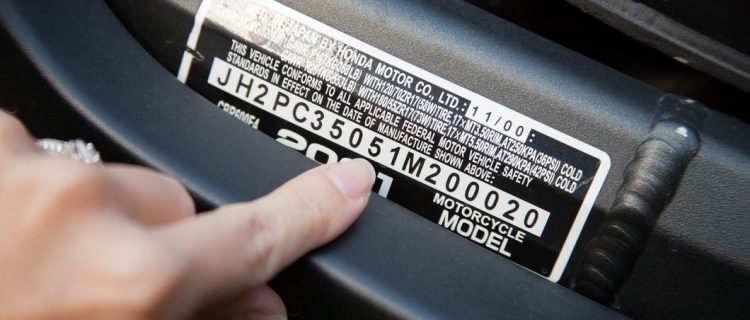
Shopping for a used car is a minefield of digital convenience and real-world risk. You can browse thousands of listings from your couch, but it’s easier than ever to buy a car that looks clean while hiding a troubled past.
The Free VIN Check Online is the first tool everyone reaches for. It’s useful—but only if you understand its serious limitations. Relying on it for a major purchase decision can be a costly mistake.
Decoding the VIN: What ‘Free’ Actually Means
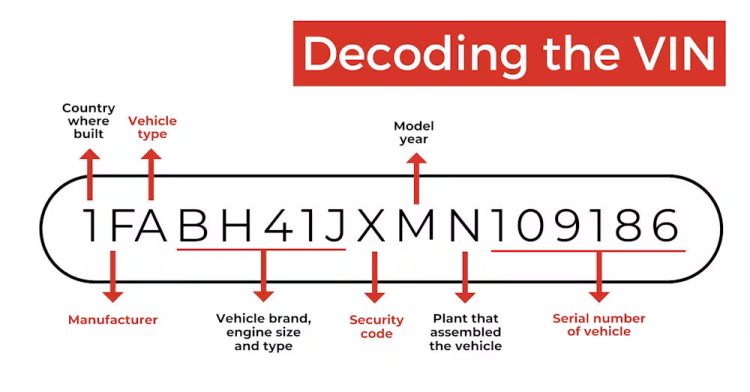
A free VIN check is, at its core, a decoder. The 17-digit Vehicle Identification Number (VIN) is a standardized code. A free lookup validates this code and reveals the car’s “birth certificate” details:
- Year, Make, and Model: Confirms it’s the car it’s advertised to be.
- Assembly Plant: Shows where it was built.
- Engine & Trim: Often identifies the specific configuration (e.g., 2.5L V6, “Touring” trim).
Think of it as confirming the car is what the seller says it is—a 2018 Honda Accord, not a 2016 Civic. It’s a basic identity check, and for that, it works perfectly.
The Important Exception: Free Recall Checks
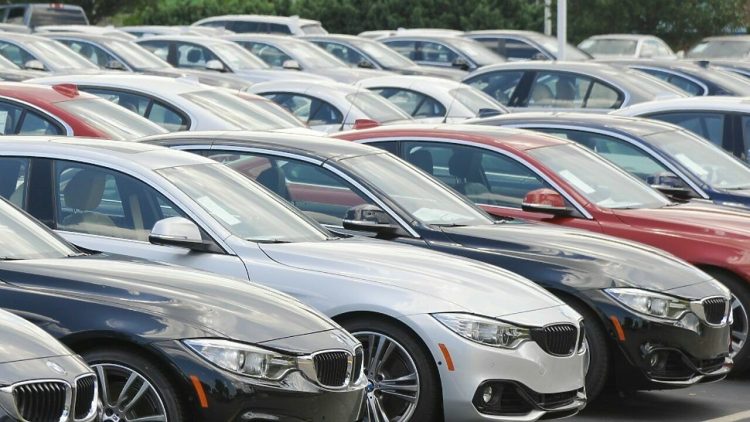
There is one crucial exception every buyer should know: Open safety recalls.
While most “free check” websites don’t show this, the National Highway Traffic Safety Administration (NHTSA) offers a 100% free, official VIN lookup.
This government tool tells you if a car has an unrepaired, manufacturer-issued safety recall (e.g., faulty airbags, fire risks, or braking system flaws). This is not a vehicle history report, but it is a vital safety check you should run on any car you’re considering, completely free of charge.
What Free Reports Hide: The Real Vehicle History
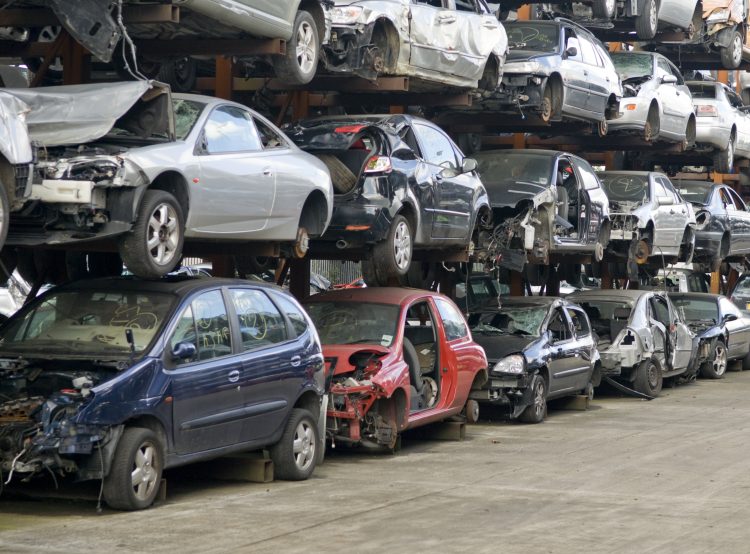
Here’s the catch: a free decoder check tells you nothing about the car’s life. That valuable, decision-making information is hidden behind paid data sources.
Free reports will not show you:
- Accident History: Whether it’s been in a minor fender-bender or a major collision.
- Title Brands: The “red flags” like Salvage, Flood, or Rebuilt titles.
- Odometer Rollbacks: Checks for discrepancies in reported mileage.
- Lien Information: Whether a bank or lender still has a legal claim on the car.
- Theft Reports: If the vehicle has ever been reported stolen.
- Auction & Service Records: A detailed log of its life at auctions or repair shops.
| Feature | Free Check | Paid Report |
|---|---|---|
| VIN decoding | ✔️ | ✔️ |
| Accident history | ❌ | ✔️ |
| Insurance claims | ❌ | ✔️ |
| Auction activity | ❌ | ✔️ |
| Odometer issues | ❌ | ✔️ |
| Liens / title problems | ❌ | ✔️ |
| Theft / fraud | Sometimes | ✔️ |
| Flood / fire / hail damage | ❌ | ✔️ |
Free tools don’t connect to the secure, paid databases of insurers, state DMVs, salvage auctions, and law enforcement. A report showing “No Data Available” in the accident section is not the same as a “clean” report—it simply means they have no data to show.
The High Cost of ‘Good Enough’
This is where buyers get burned. A car can have a “clean” free decoding (correct make, model, year) but be hiding a ‘salvage title’ from a major accident, flood damage that was cosmetically repaired, or a ‘rolled-back’ odometer.
When you’re talking about a purchase worth thousands, or even tens of thousands, of dollars, you are flying blind to the most expensive potential problems.
Your Smart VIN Check Strategy: A 3-Step Guide
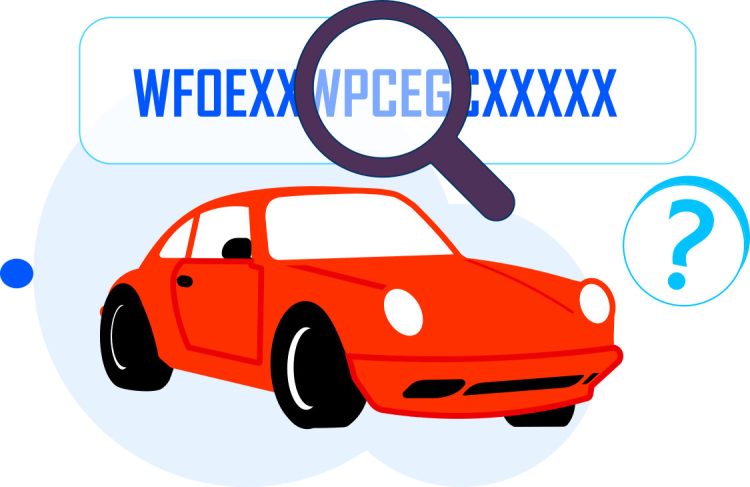
Don’t skip the free tools, but don’t stop there. Use the right tool for the right job.
Step 1: The Free Decode (Casual Browsing)
- When: You’re “just looking” at online listings.
- Why: Use a free VIN check to confirm a listing’s basic details (year, make, model, trim) and weed out obvious typos or fake listings.
Step 2: The Free Recall Check (Getting Serious)
- When: Before you contact the seller or go for a test drive.
- Why: Use the NHTSA recall tool. It’s free, instant, and official. If the car has open recalls, it’s a critical safety issue and a major point of negotiation.
Step 3: The Paid History Report (Before You Buy)
- When: You’ve test-driven the car and are ready to make an offer.
- Why: Never buy a used car without a paid, comprehensive history report. Services like CarFax, AutoCheck, or other NMVTIS-approved reports pull data from the sources that matter. This is where you’ll find the red flags: a salvage title, reported accidents, odometer discrepancies, and more.
The Bottom Line: Know Your Tool
A free VIN check is a flashlight. A paid history report is an X-ray. Both are useful, but you wouldn’t trust a flashlight to diagnose a broken bone.
Use free tools to navigate the start of your car-buying journey, but always invest in a full history report to protect your investment and your safety.
